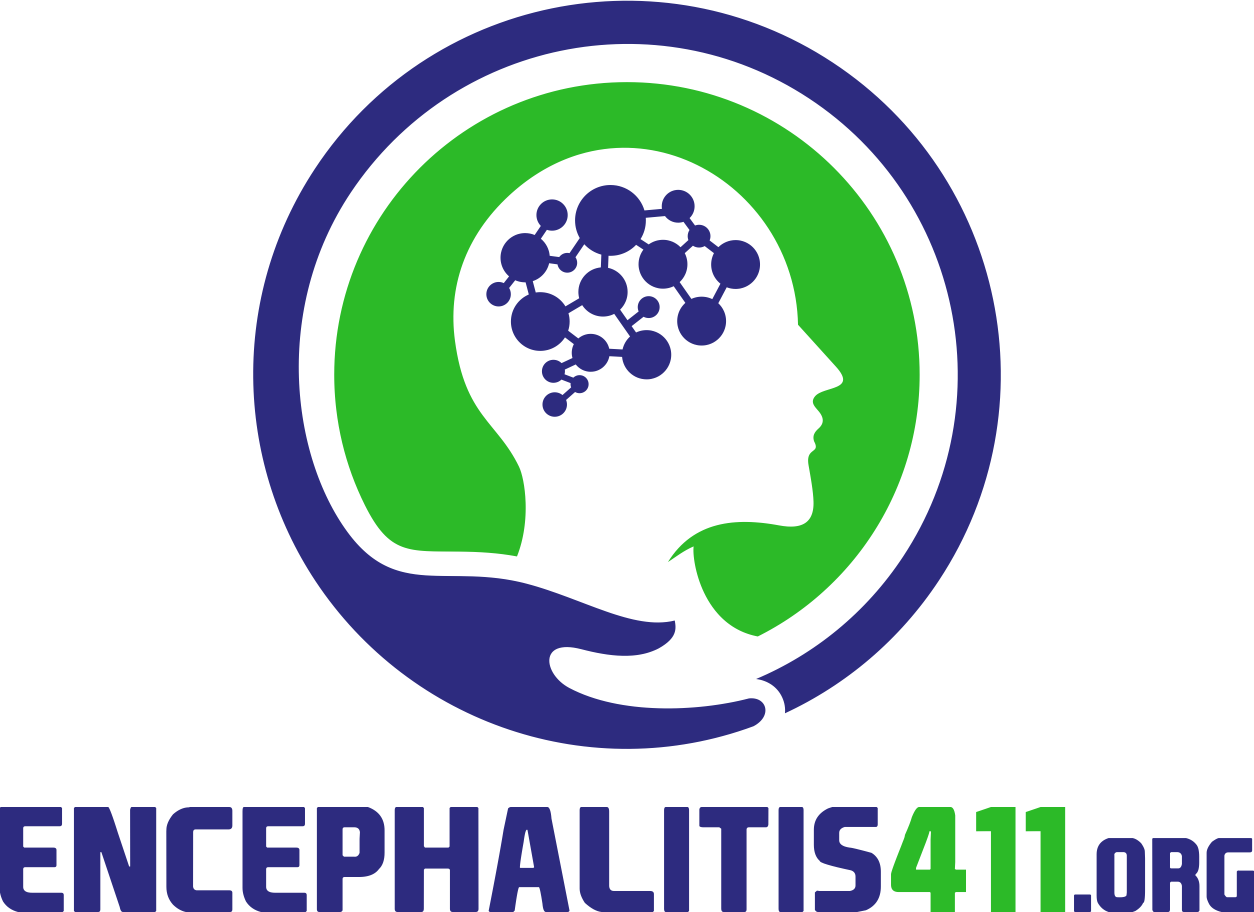
On Giving Tuesday, your donation to ARI will help find the next treatment for autoimmune disease!
With over 106 chronic illnesses known to be caused by defects in the immune system, autoimmune diseases collectively affect at least 16 million people in the United States.

Reggie's autoimmune disease journey and our latest partner, Encephalitis411
As an advocate, patient, and member of the autoimmune community, Reggie Barnes, Director of Patient Partnerships at Autoimmune Registry, has shared his story on the challenges he encountered before—and after—his diagnosis of autoimmune encephalitis.

Does rotavirus hospitalization in children increase the risk of autoimmune diseases?
Children hospitalized for rotavirus, a common and potentially severe childhood infection, may face a higher risk of developing autoimmune diseases, according to a study published in JAMA Network Open.

Can gene therapy be used to treat autoimmune encephalitis?
Back in July, we briefly discussed how a Clinical Research Unit at the Universitätsmedizin Berlin was funded with 6.2 million euros to study autoantibodies in neurological diseases
.

What's new in autoimmune disease drug development?
Although there are more than 100 autoimmune diseases, patients often rely on the same set of medications, such as prednisone and immunosuppressants, which can have harsh side effects.

Can a blood test help diagnose long-COVID?
There is some good news: long-COVID prevalence among Americans has declined from 11% to 7.5% of those who have had COVID. Long-COVID symptoms are similar to those seen in autoimmune diseases—such as fatigue and brain fog.

October is National Liver Awareness Month!
In honor of National Liver Awareness Month, the Autoimmune Registry is focusing on autoimmune liver diseases. Autoimmune liver disease occurs when the immune system attacks liver cells, and can sometimes lead to liver failure.

Can vitamin D reduce the risk of developing autoimmune disease?
Vitamin D has various roles in the body but is mostly known for helping the body absorb calcium. However, research has also shown that vitamin D may be beneficial to the immune function and may help with reducing inflammation and disease activity in certain autoimmune diseases.

What are the common comorbid autoimmune diseases for wAIHA patients?
At the Autoimmune Registry, we collect statistics on all autoimmune diseases. One thing that is clear from our data is that most patients have more than one autoimmune disease. For warm autoimmune hemolytic anemia (wAIHA), we see the below conditions as the most common comorbid autoimmune diseases.

How might autoimmune disease and brain inflammation impact our mental health?
In our previous newsletter, we discussed how autoimmune diseases may be the underlying cause of psychological disorders. As many as half of autoimmune disease patients struggle with their mental health.

Could asbestos trigger systemic autoimmune diseases?
Research suggests that although genetics plays a role in 30% of all cases of autoimmune disease, over twice as many cases–70%–are due to environmental factors such as infections, diet, and exposure to toxic substances.

Can a new "inverse vaccine” reverse autoimmune disease?
Although autoimmune diseases are estimated to affect over 20 million Americans, there remains to be no cure. Current treatments tend to rely on immunosuppressants that indiscriminately shut down the immune system and can come with significant side effects.

How common is peripheral neuropathy among autoimmune disease patients?
Many systemic autoimmune diseases impact the nervous system. One of the most common neurological complications of autoimmune disease is peripheral neuropathy, which involves damage to the peripheral nervous system that connects the brain and spinal cord to the rest of the body.

What's on the horizon for future IBD treatment?
We've long known that our gut plays a role in autoimmunity. Previously, we looked at the connections between gut and brain inflammation, chronic fatigue, and rheumatoid arthritis.

September is Alopecia Awareness Month!
September is Alopecia Awareness Month! Alopecia is an autoimmune disease where the immune system attacks hair follicles, resulting in hair loss.

Can a gene mutation help find new treatments for autoinflammatory diseases?
Autoinflammation is a distinct mechanism of diseases, recognized not only in rare monogenic disorders—disorders that are caused by a single gene mutation—but also in heterogeneous inflammatory conditions (Rose & Mackay).

Is there a higher incidence of comorbid autoimmune diseases among people with vitiligo?
Vitiligo is a genetic condition characterized by patches of the skin losing their color due to the death or dysfunction of melanin-producing cells.

Introducing Our Panel Speaker, Emmitt Henderson III
Emmitt Henderson III was diagnosed with Systemic Lupus and Lupus Nephritis in 1995, but had symptoms going back to 1980.

How might heat affect your autoimmune condition?
As a heat wave sweeps through the nation, those with autoimmune diseases may be especially vulnerable.

How is autoimmunity affecting our brain?
There's been a lot of focus on the psychological and neurological impacts of autoimmune diseases.
